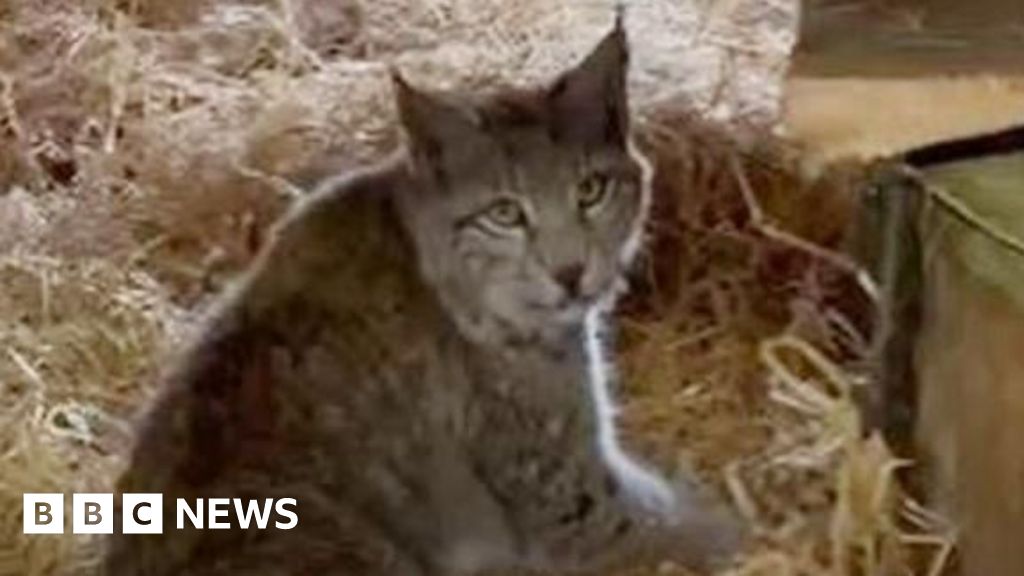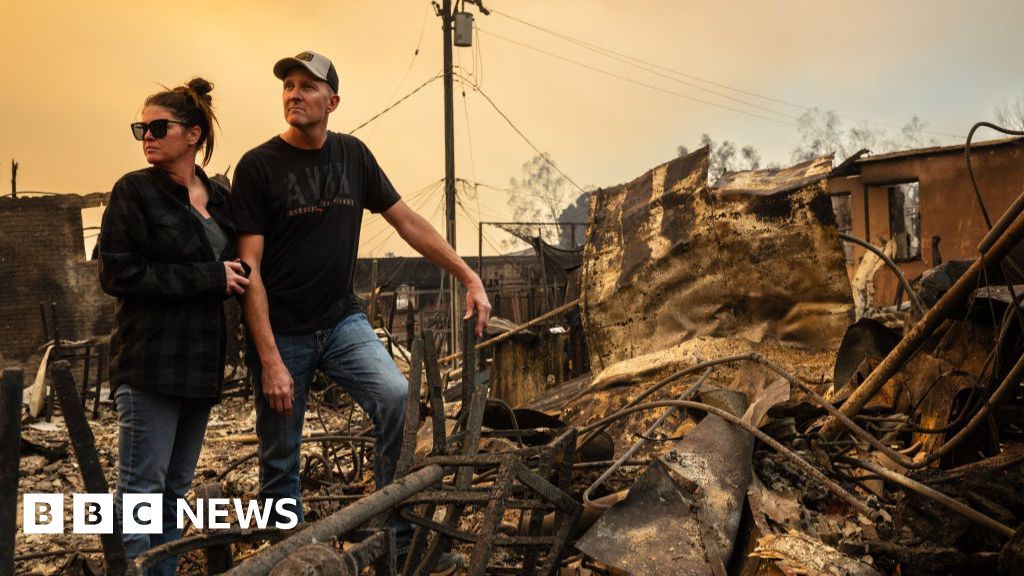- There are more than 300 unclaimed bodies in state mortuaries in the Western Cape.
- Most of them are men.
- The health and wellness department says it is concerned about the increase in unclaimed bodies.
The Western Cape Health and Wellness Department (WCHD) has more than 300 unidentified bodies in its state mortuaries. Of these, 66 are children, while most of the deceased are men.
Department spokesperson Byron Le Hoe said the children had not been identified yet.
"These include children who may have been admitted in the last few months of the 2023/24 financial year where the deceased had not yet been identified," Le Hoe said.
According to the department, by the end of the 2023/24 financial year, 313 bodies had yet to be identified, with 290 unidentifiable for the 2022/23 financial year.
Le Hoe added that the Observatory Forensic Pathology Institute (OFPI) had the most unclaimed bodies.
"The Department of Health and Wellness is concerned about the number of unclaimed bodies," he said.
"Families are encouraged to register all births and to ensure that they have valid original identification documents, as without these, the identification process cannot be concluded, and makes it almost impossible to establish the identity of unidentified decedents."
So, what happens to the bodies if no one claims them?
Le Hoe said that the identification of decedents was the responsibility of the South African Police Service (SAPS) and that the health department's Forensic Pathology Service (FPS) supported the police in the process of identification.
FPS starts the process of identification of an "unidentified" person if no one has come forward within seven days of the person's death.
READ | Cape Town parents recall horror of finding out daughter and baby boy were killed in crossfire
Identification is done through fingerprinting, DNA, or other scientific methods.
"If after all avenues of identification have been followed without success, after 30 days, the process of a burial by the local authority where the death occurred will commence.
"FPS generally only starts the burial process after all avenues to identify a decedent has been exhausted, even though the regulation allows for burial after 30 days.
"It should also be kept in mind that a body initially classified as 'unidentified' could be identified with scientific methods but could remain unclaimed," said Le Hoe.
Western Cape police spokesperson Sergeant Wesley Twigg said a dead person is classified as "unknown" or "unidentified" when the family of the person cannot be traced, and DNA samples cannot be linked to any family members.
"Identikits are compiled in efforts to ask the public for help to locate the family," said Twigg.
WCHD said that according to FPS regulations, the body would remain within the FPS system for 30 days after concluding the last investigation process.
"This would include the taking of DNA or when the SAPS investigating officer gives us a letter to say that he/she is complete with their investigation/searching for the relatives," Le Hoe added.
Processes followed before a body can be claimed unidentified
At the time of an autopsy, if the deceased is not identified, then DNA is taken by the pathologist.
After seven days, if fingerprints are still not identified, they are taken by the SAPS detective and sent to the Department of Home Affairs and the Local Criminal Record Centre (LCRC).
In some cases, the detective will first search the criminal database at the provincial level.
After 14 days, and fingerprints have been taken, the decedent is admitted to the "long-stay" refrigeration (freezer).
The FPS will request a DNA profile for a profile on cases still not identified.
Fingerprint results will be forwarded to the respective police station commander and FPS from the LCRC.
Le Hoe said:
Normally, if the SAPS investigating officer cannot find the family, he/she will give a letter authorising the burial of the deceased. Only after all these processes have been done, would FPS start burial arrangements with the relevant municipality.
"The relevant municipality will notify FPS when the burial has been authorised with the contracted undertaker. All unknown cases are buried, and not cremated."
Chief of operations for the WCHD, Dr Saadiq Kariem, said the unclaimed bodies were unnatural deaths, and that most of these bodies were also unidentified.
"A small proportion of these unclaimed bodies had been identified, but due to mostly financial reasons, the families are unable to bury these deceased. In these cases, we would bury the decedent as a pauper," he said.
Kariem said most of the unclaimed bodies had died as a result of violent injury.
"This has been increasing over time as the rates of violence in our society escalates. We know that the perpetrators of violent crime are mostly men under the age of 30 years," said.
"This correlates with a general increase in violence that seems to have become endemic in our society."
He added that data from the department's emergency centres showed "huge spikes in violent injuries" over weekends, particularly at the end of the month.
For example, Kariem said that from 08:00 on Friday 26 April, to 08:00 on Monday 29 April, WCHD recorded 3 403 trauma injuries at 65 of its busiest emergency centres.
"This represents 28.6% of the presentations to these emergency centres. Of the 3 403 trauma injuries, 81 were gunshot patients whilst 832 patients had been stabbed and 783 had been assaulted," Kariem added.
He said all of the injuries required a significant amount of resources to manage effectively.
"Resources which then have to be diverted from much needed medical care in other clinical areas."
Kariem added that data from the Department of Police Oversight and Community Safety showed that for the first 15 weeks of this year, the proportion of homicides due to firearms rose from 54% to 62%, compared to the first 15 weeks of last year, a 14.8% increase.
WCHD said that they were particularly concerned that the bodies were unclaimed and still lying in mortuaries.
"Most importantly, it means that there are families of these deceased who have not been able to find closure. It also means that as the department, we have to store these bodies, and it requires resources to be able to do this."
READ | 'This has been very painful': Family prepares to bury teen victim killed in Cape gang violence
Speaking on the 66 bodies that were children, Kariem said it was "extremely disturbing and tragic" that there was such a large number of children in mortuaries.
"Our most vulnerable members of our communities, whom we have to protect and nurture, are being shot and killed. These children are often caught in crossfire between rival gang members and are innocent victims," said the department.
According to Kariem, the Western Cape government and the City of Cape Town had galvanised under the leadership of the premier and mayor and implemented a number of initiatives aimed at reducing the endemic levels of violence in society.
"We now have a violence prevention unit that will implement an area-based team approach where, at local level, we will bring the whole of government as well as the whole of society together to tackle the violence plaguing our societies," he added.
Kariem said every relevant government department was involved in the initiative, which focused on three aspects:
- Improving law enforcement effectiveness and co-ordination;
- Strengthening social protective factors against violence; and
- Improving safety infrastructure in public spaces.
 (1).png)
 8 months ago
58
8 months ago
58


















